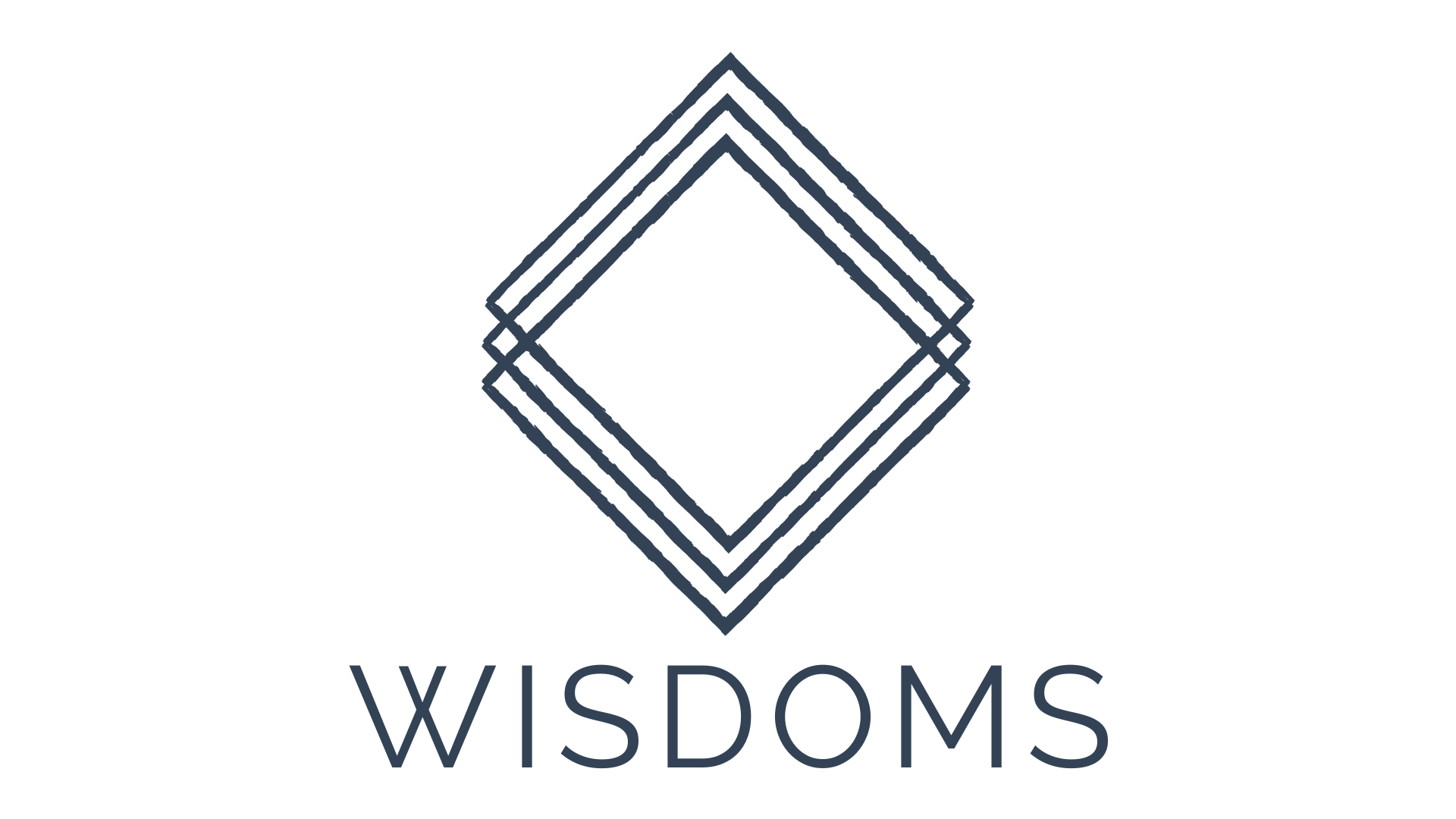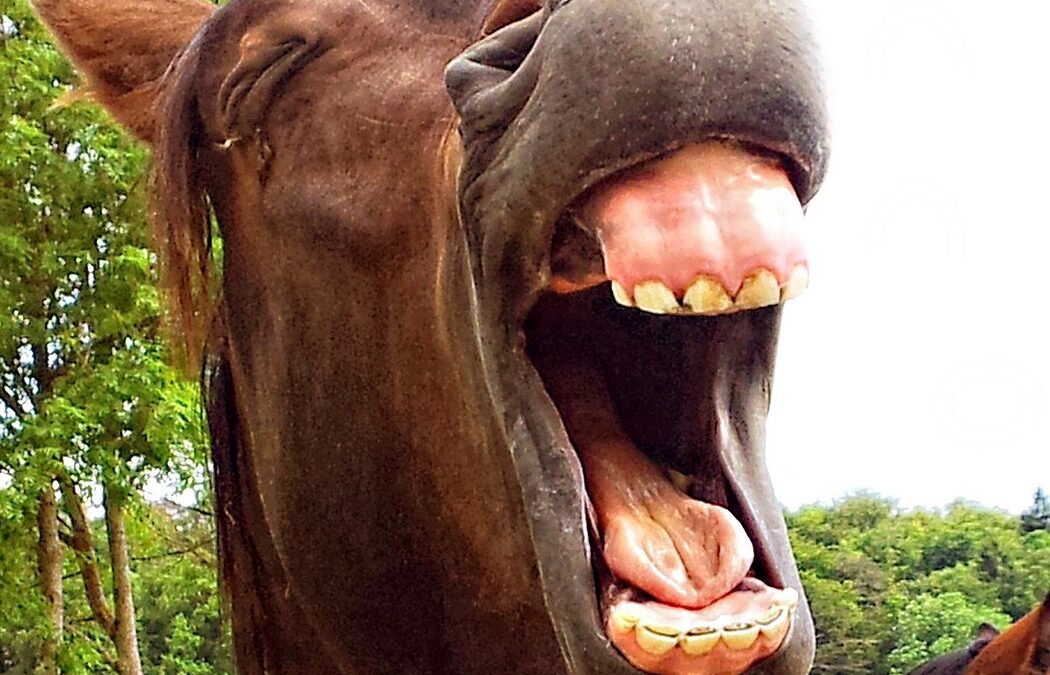In high school I participated in a national writing competition which posed the question: “What do you want to be when you leave school?” My answer — a clown! My reasoning was that life is tough, often depressing and mostly difficult. Therefore, to lighten our spirits and give us the lift we need to get through dark days we need to laugh, to have fun, and not take ourselves quite so seriously.
My career didn’t quite go down that pathway! But I still love the idea that we need people, usually artists, who remind us that there are shades of colour, seasons of joy, and moments of hilarity in the midst of whatever trouble we’re in. It’s good to be reminded of their subtle but vital role in adjusting our frame of mind and giving us a fresh outlook, when we’ve deprived of live theatre due to pandemic-related restrictions.
Our youngest daughter is a musical theatre performer, stage manager and director. A passion for the stage and musical theatre in particular was ignited in her at the age of thirteen and it continues to burn bright. While she was still at school, when we knew that this was the direction she was heading I asked her, “Why musical theatre?” Her reply, “When I watch a musical it makes me happy, and I want to make people happy.”
Whilst working on Rocky Horror Picture Show she was describing how audiences erupted into laughter and ended with thunderous applause and enthusiastic standing ovations. She reminded me of her answer all those years ago. In her words, “It’s the most ridiculous musical… but it truly makes people happy! Everyone — the cast, the crew and the audience!”
Trevor Noah in his acceptance speech of the Leadership in Democracy Award in 2019 succinctly and elegantly summed up the power of humour. He believes that laughter is the core essence of who we are as human beings. When we are laughing we are not afraid, we are not in shock. We are truly ourselves. It’s why our laugh is as ugly as it is!
The power of humour to disarm, to diffuse tension and to bring people together was demonstrated for Trevor when he was a young boy. He was walking with his grandfather in the streets as part of a protest during the days of apartheid. They were confronted by a policeman on horseback bearing down on them.
His grandfather shouted up at the policeman, “Master, Master, can I ask you a question?” Trevor then explains as an aside to create some context that the previous weekend had been a prestigious horse race and the President of the country had kissed the winning horse. He goes on, in his grandfather’s voice, talking to the policeman, “Master, can I ask you a question? Why is it that the President can kiss a horse but he won’t kiss my sister?” Taken aback the cop says, “I don’t know.” “Because you haven’t seen my sister!”
Trevor says he then saw something he had never seen before — this white, domineering policeman burst into such a belly laugh tears were streaming down his face.
Years later, as Trevor reflected on that moment he recognised how brilliant the idea was. This idea that you can critique an oppressive structure in such a way that you emerge unscathed. This idea that laughter bonded people in their shared humanity and was greater than what separated them.
South Africans are known for their fabulous sense of humour. The laughter is not to minimise the pain or struggle but to help us cope. It gives us a kind of strength and common connection that keeps us going.
In the midst of rising frustration and anger at the disruptions caused by rolling electricity blackouts, I saw a tweet from someone responding to a headline that said that Eskom, South Africa’s electricity supply company, is requiring R27 billion to be paid by its consumers. It said, “You are welcome to collect Eskom. The money is in an electric safe!”
Photo by Liselotte Brunner — Pixabay

